Vladislav Davidzon was in Odessa last week. He at last managed to persuade his elderly father-in-law, a salty old sailor, to abandon the hooch in his garage and leave for Romania with him. When we spoke to them last night, they’d just finished the exhausting sixteen-hour journey from Odessa by taxi, ferry, bus, taxi, and train. Volunteers at the border told them they were the first refugees they’d seen carrying their art collection.
Vladislav has been doing superb reporting from Ukraine recently. I’ve put in a few links further down so you can watch his interviews and read his articles.
But when I finally got him on the phone last night, he didn’t feel like doing the same podcast about the war he’d already done fifteen times this week. He felt like talking about literature. So he invited Kate Tsurkan, who’s in Chernivtsi, to join us on the podcast.
Kate’s a writer, editor, translator, and editor-in-chief of the Ukrainian literary review apofenie. Kate and Vladislav co-wrote this article in Tablet about the six writers who are shaping the future of Ukrainian literature:
An old guard of contemporary Ukrainian writers such as Oksana Zabuzhko, Serhiy Zhadan and Yuri Andrukhovych have become canonical and even world-renowned, but an intriguing new generation of young writers has also emerged in recent years. Some of these young writers are extraordinarily talented and seem as if they are about to have their moment in the West. The war has brought out the best in these established and emerging authors alike.
Kate recently wrote Cancer in a time of war: the Kyiv oncologists dispensing refuge and hope. We discussed this first, thinking a bit about the metaphorical richness of the subject. The podcast may get a little bit hard to follow at this point because Vlad’s father-in-law weighed in at some length but he doesn’t speak English.
This is Philharmonic Square in Chernivtsi. When Kate speaks of the beautiful Austro-Hungarian architecture, this is what she means:
Links
A conversation among Yuri Andrukhovych, Norman Nawrocki, Bohdana Neborak, and Kate Tsurkan.
Vladislav discusses the mood in Odessa and the strike on the airport where his late mother-in-law worked. He praises the volunteers on the border and describes making the trip, repeatedly, to bring members of his family to safety:

Odessa locks down over fears of Putin’s saboteurs on painful anniversary. Monday marks the anniversary of a deadly clash between pro-Russian and pro-European activists in the city that killed 48 people and injured dozens more in 2014.
By Vasyl Stus
I wandered around the city of my youth,
vainly searching, in the new blocks,
for yesterday’s buildings, parks, and paths,
for familiar patterns on pediments,
geography is lost.
The city had become prettier and grown,
new avenues had appeared, new hotels, streets,
monuments, stadiums, and trees,
yet not a single familiar face in the crowd,
not a single face
that would evoke
your vanished youth.
I hoped at least to run into myself,
right where the fountain flowed,
hemmed by artificial marble.
All in vain.
Nothing.
Disappeared without a trace.
The light high-rises took off into the sky,
and you so very small next to them,
not visible even to yourself,
let alone to passers-by.
A taxi driver stopped his car
and walked up to the fountain,
which sprinkled water
on a gentle, unfamiliar poplar,
he washed his hands,
got out his handkerchief,
carefully dried his palms,
then got behind the wheel and sped off,
leaving a little cloud of dust behind.
Watching him drive away,
I realized for the first time: I failed at life.


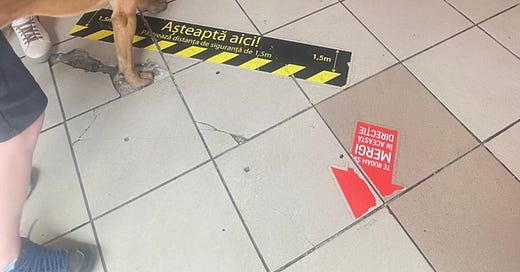




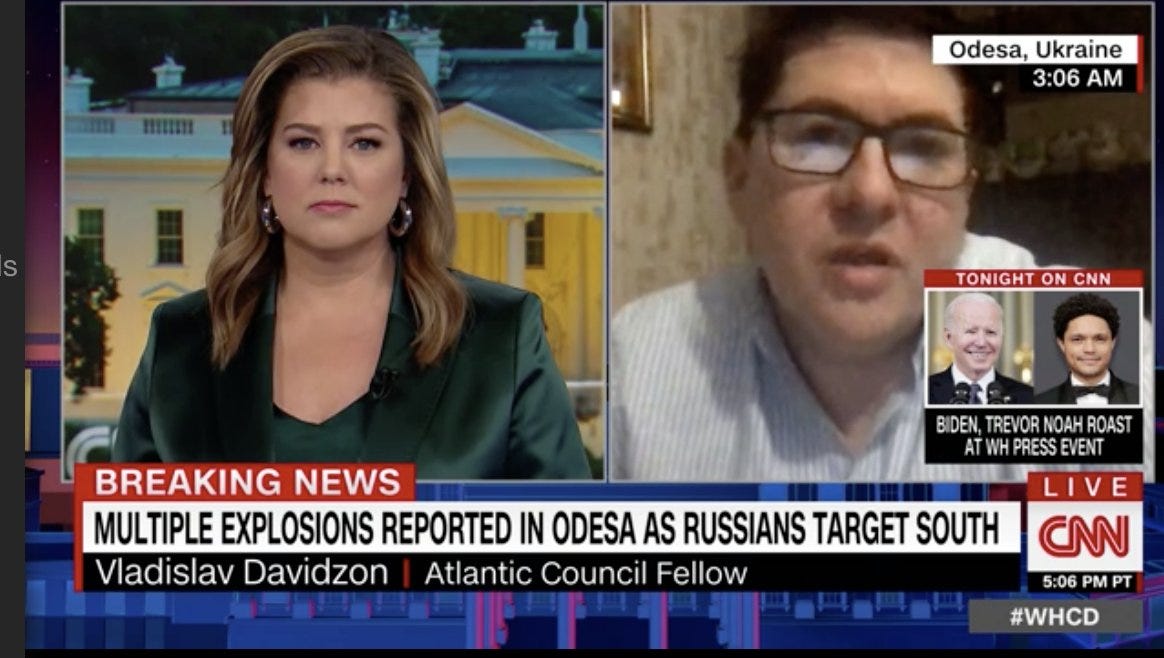
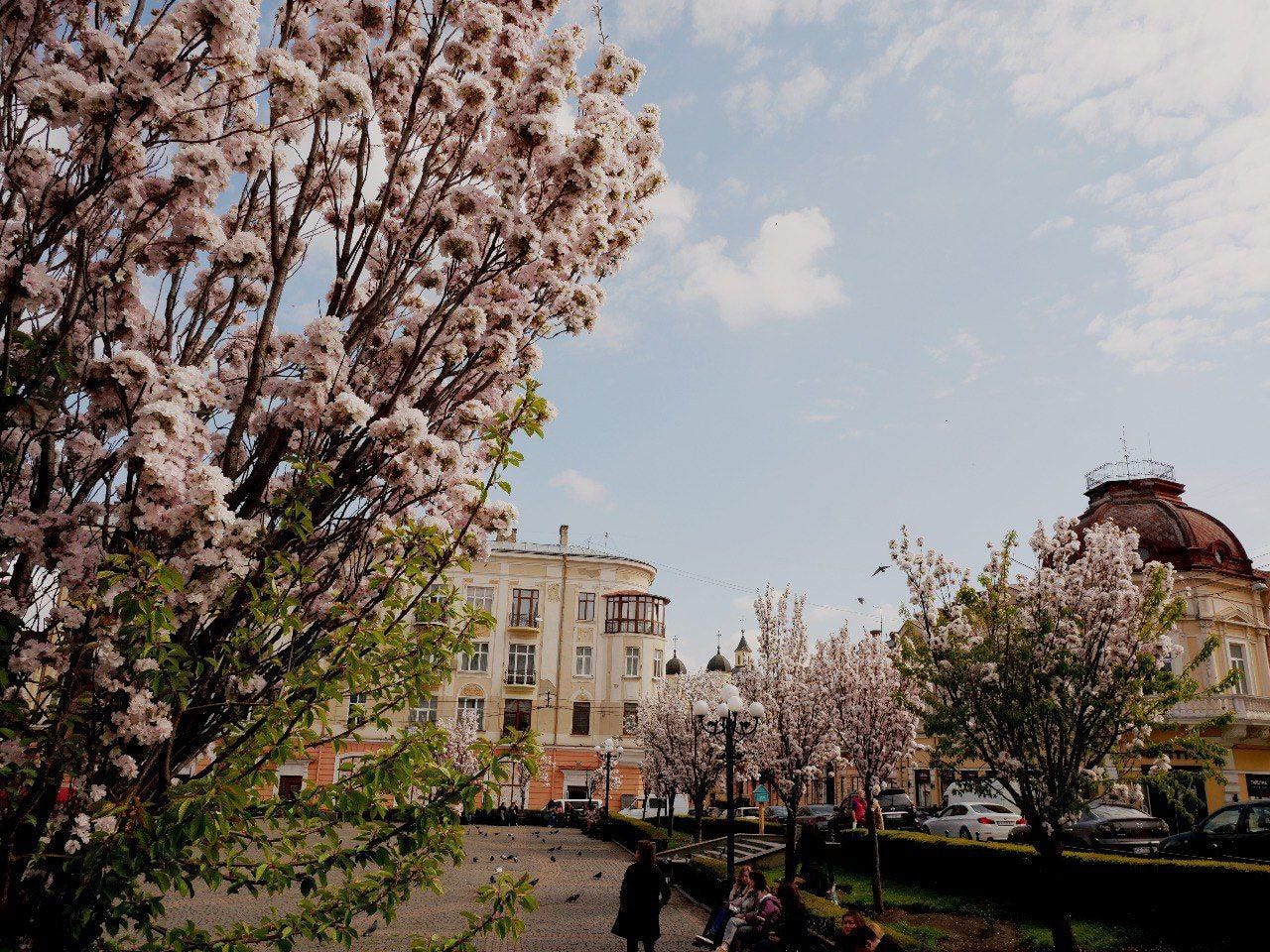
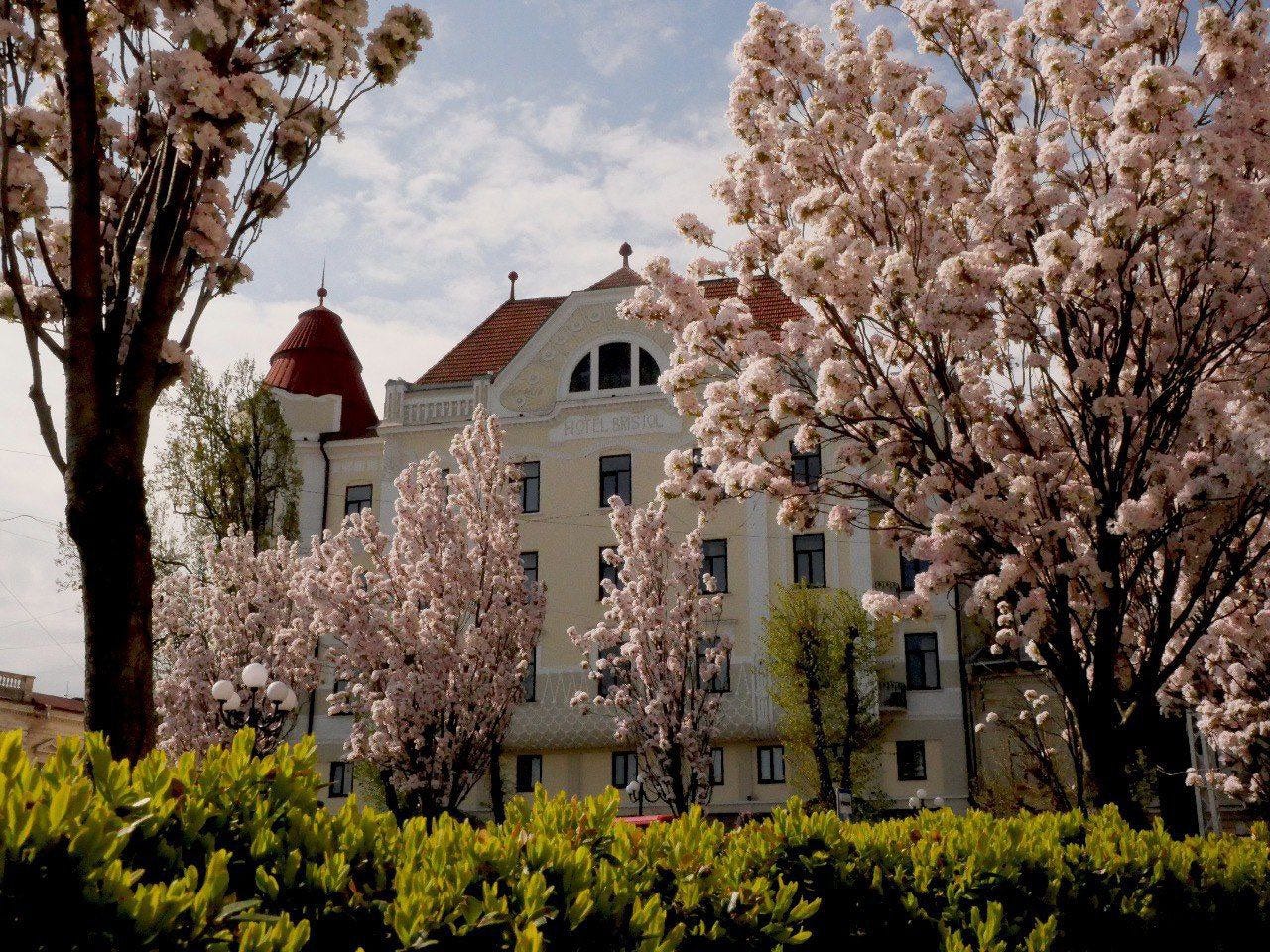
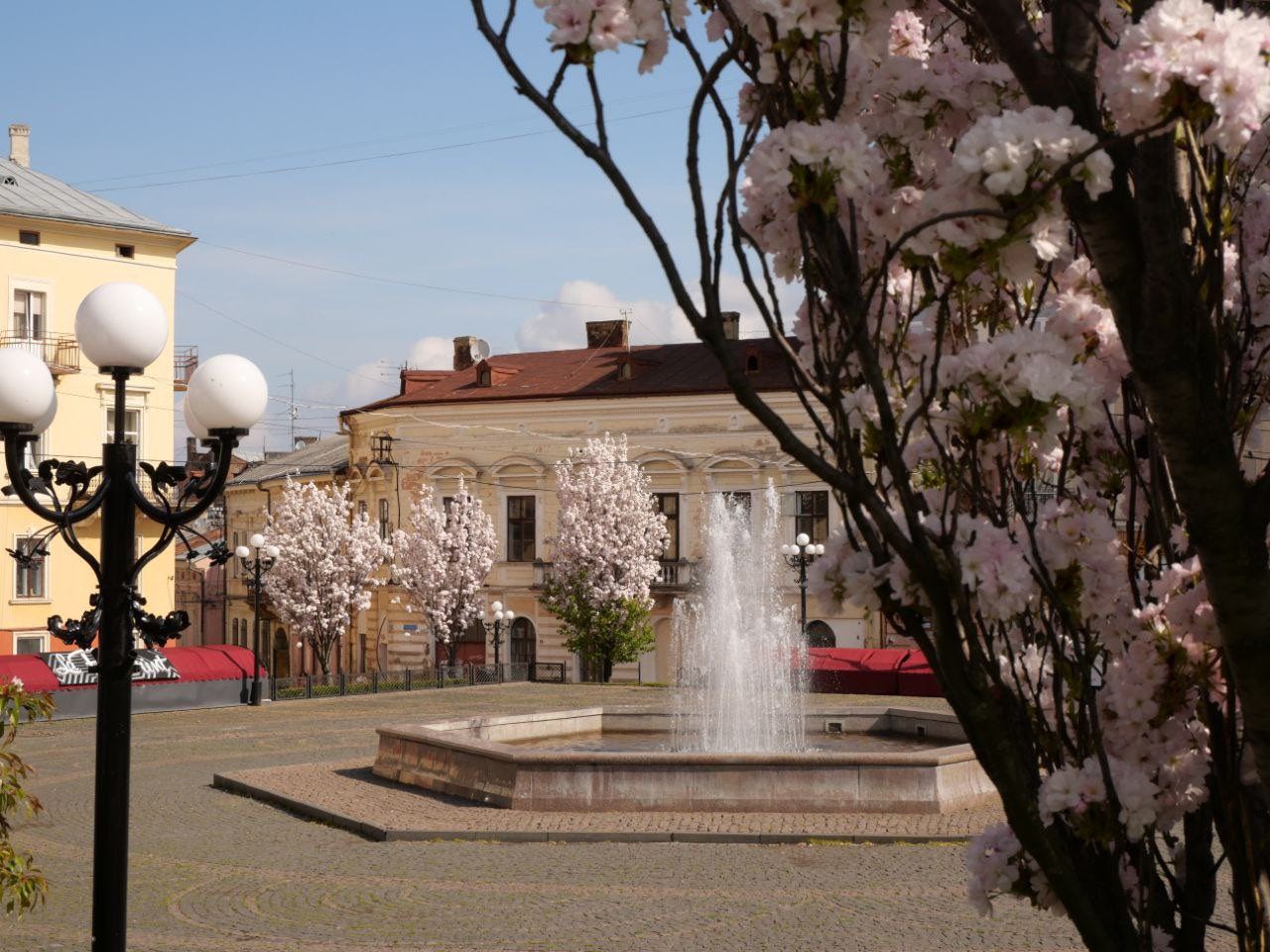









Share this post